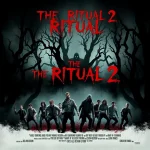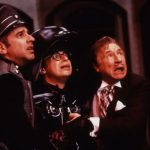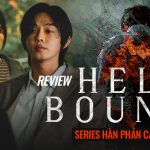Vertigo (1958)
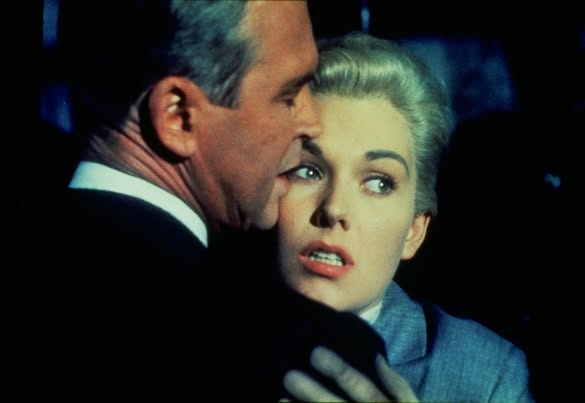
Vertigo (1958), directed by Alfred Hitchcock, is a landmark psychological thriller that has been hailed as one of the greatest films of all time. The film stars James Stewart as Scottie Ferguson, a retired San Francisco police detective who suffers from acrophobia, a fear of heights, which profoundly affects his life and relationships.
The narrative begins with Scottie’s retirement after a traumatic incident on the job that left him haunted by his fear of heights. He is approached by an old college acquaintance, Gavin Elster (played by Tom Helmore), who asks him to follow his wife, Madeleine (Kim Novak), whom he believes is possessed by a spirit. Scottie reluctantly agrees and becomes increasingly obsessed with Madeleine as he follows her around San Francisco, witnessing her mysterious behavior and fascination with a deceased woman, Carlotta Valdes.
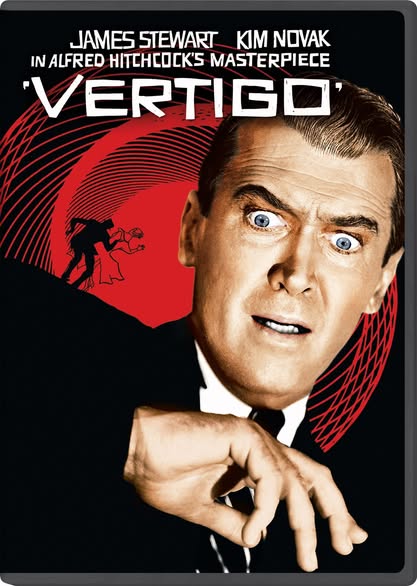
As Scottie delves deeper into Madeleine’s life, he experiences a complex blend of desire, obsession, and guilt. The film masterfully explores themes of identity and illusion, as Scottie struggles with his own psychological turmoil while trying to uncover the truth about Madeleine. The emotional intensity of the story is heightened by Hitchcock’s innovative use of cinematography, particularly the iconic “zoom-in, dolly-out” shot that visually represents Scottie’s vertigo.
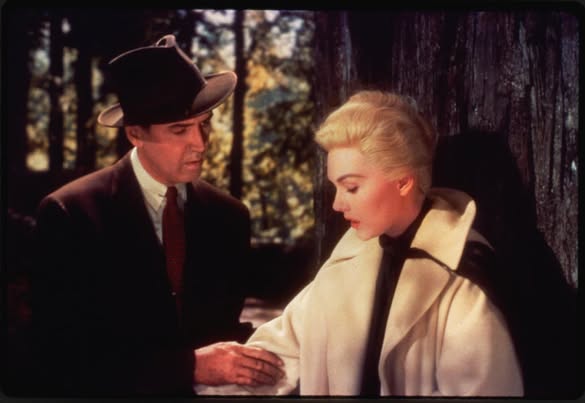
Kim Novak’s performance as Madeleine is both enigmatic and captivating, embodying the duality of her character as both an object of desire and a subject of obsession. The dynamic between Stewart and Novak is central to the film’s emotional impact, as Scottie’s fixation on Madeleine leads him down a dark path of self-destruction.
Hitchcock’s direction is meticulous and stylish, employing vibrant colors, atmospheric lighting, and haunting music by Bernard Herrmann to create a sense of unease and tension throughout the film. The cinematography captures the beauty and mystery of San Francisco, while also reflecting Scottie’s inner turmoil and disorientation.
Vertigo is notable for its exploration of complex psychological themes, including the nature of love, obsession, and the impact of trauma. The film’s ambiguous ending leaves viewers with lingering questions about identity, reality, and the nature of truth.

Upon its release, Vertigo received mixed reviews, but over the years, it has undergone a critical re-evaluation and is now regarded as a masterpiece of cinema. Its influence can be seen in countless films and has inspired filmmakers across generations.
Overall, Vertigo is a haunting and visually stunning exploration of obsession and psychological complexity, solidifying Alfred Hitchcock’s legacy as a master storyteller. Its themes and innovative techniques continue to resonate, making it a timeless classic that invites careful analysis and interpretation.
